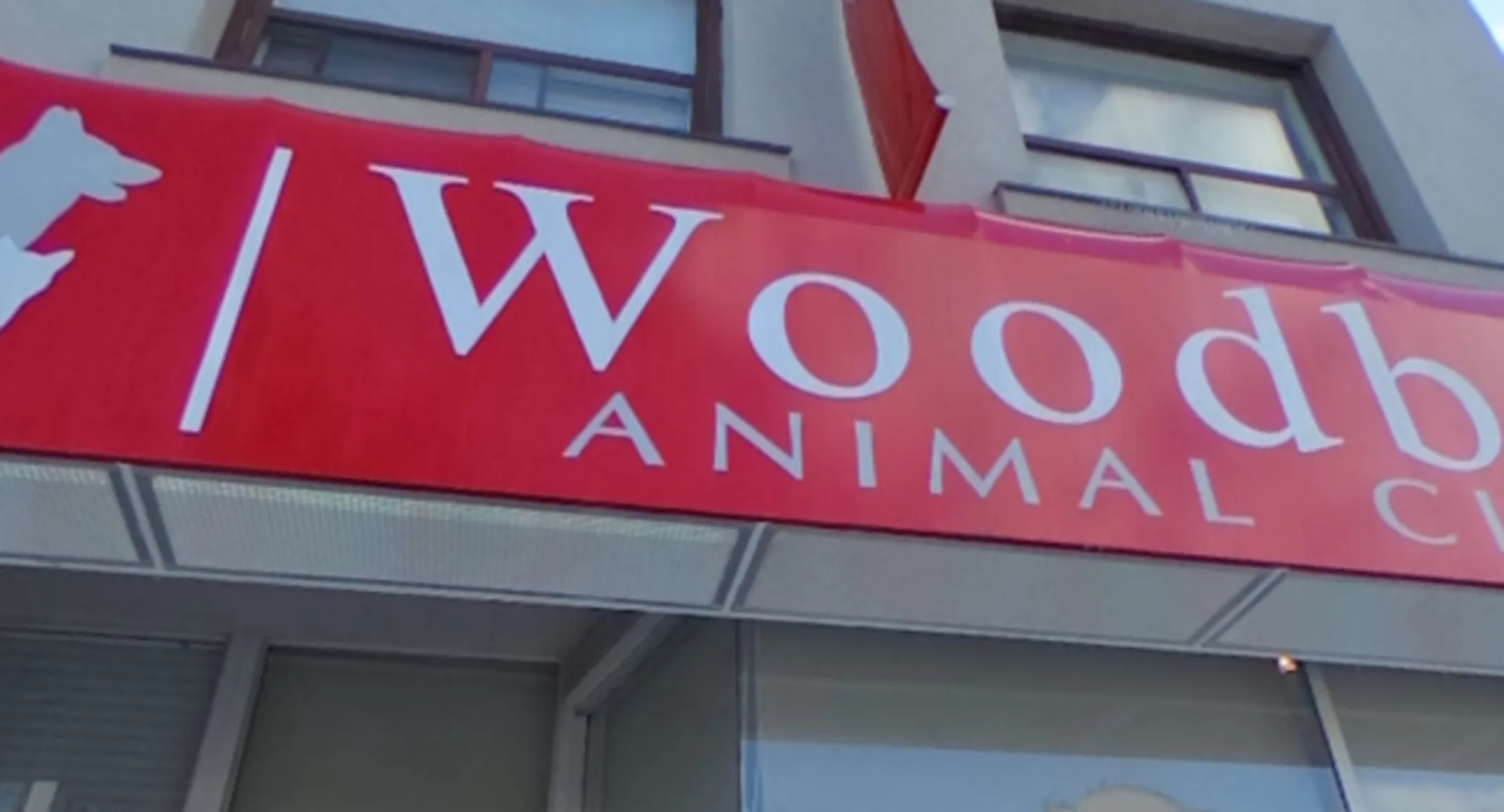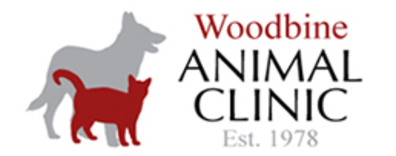Woodbine Clinic History
Uncategorized

Dr. John Littlejohn was destined to become a veterinarian. Growing up on a farm outside a small Southwestern Ontario town named Highgate, the Woodbine Animal Clinic founder developed a passion for animals both big and small. Dr. Littlejohn was always around them, be it cattle, draft horses, his old blonde cocker spaniel Daisy, and just about any other little creature that needed his help.
“I tried to save the kittens,” he says about some of his early memories with animals. “They usually had upper respiratory infections. I remember going to the pharmacist and getting Sulfa tablets that I would crush up and put in milk for the kittens.
“I was about 10 years old at the time and that was my introduction to animal welfare. I never really wanted to be anything else but a veterinarian.”
Now 75 – and still working a few days at the clinic he built on Danforth Ave in 1978 – Dr. Littlejohn beams with pride knowing the positive impact that Woodbine has had on the Toronto community’s members and their pets. He estimates the clinic has cared for approximately 15,000 patients over the years, and since officially selling the practice a few years ago, they have never been busier. The team in place is strong, with Dr. Jessica Scott, Dr. Jackie Elmhirst, and an indispensable support staff comprised of registered vet techs, assistants, and client care representatives.
Dr. Littlejohn and the team appreciate the strong bond between people and animals, the importance of those relationships, and that treating a patient means much more than helping a pet in need. Pets are an integral part of our lives – and their well-being impacts families.
Dr. Littlejohn initially developed that concept in his youth but gained a better understanding of the relationship we have with animals while at the University of Guelph’s Ontario Veterinary College. He began as a Bachelor of Science student at the University’s old Wellington College and was accepted into the veterinary program. Given his experience on the farm, he gravitated towards large animals.
“I went out on farm calls with a large animal vet out of Elora,” he says. “As time went on, I developed more of an interest in small animals. I realized that you could do much more with them, there were more options. It was also more interesting.”
As a third-year U of G student, Dr. Littlejohn worked for a summer at a clinic in Willowdale. It gave him tremendous hands-on experience in small-animal medicine. He took a job there after graduating in 1972 and eventually became a partner in the practice. But Dr. Littlejohn knew he wanted to have his own operation so he “cashed out his chips.”
He recalls having a big map of Toronto and pinpointing all of the existing vet practices around the city. One big caveat was that he would not start a practice unless he could purchase the real estate. That was a crucial component of any successful model, though it limited his options given the cost of land.
“I finally found this area that looked promising,” Dr. Littlejohn says of 1905 Danforth, the location that has been Woodbine’s home for the past 45 years. “There were a lot of pets there. We renovated it and I was well-connected in terms of how to outfit the place with equipment.
“We started in the fall of 1978 – and never looked back.”
Woodbine flourished quickly. In part because of the overwhelming need for a clinic in the area, but also because Dr. Littlejohn took a practical approach to care, which was instilled in him from his farm days. He understood that you could offer the very best in terms of care, though not every client could afford that option. Even as a young veterinarian, Dr. Littlejohn was willing to work with the people who entrusted him to treat their beloved pets. The animal’s well-being was ultimately more important than a fixed cost.
Much has changed both in the industry and specifically at the clinic over the decades since Woodbine’s doors opened. Dr. Littlejohn believes the bond between people and their pets has only grown. But the innovations to care for these animals have just blown him away.
“What stands out to me is how primitive we really were when I graduated back in 1972,” he says. “The understanding we had of diseases and the drugs that were available to treat them back then was limited. That evolution in this industry has been remarkable. We have so much more available to treat conditions now. We have monoclonal antibodies that we can inject into an animal and treat conditions, with no side effects. These are very targeted treatments. It’s just wonderful.”
Dr. Littlejohn figures he will work in his part-time role for a couple more years before packing it in to spend more time at home with the family, gardening, and hanging out with his two senior Berger des Pyrenees dogs. He knows the clinic is in good hands. Dr. Littlejohn remains passionate about working with his talented Woodbine colleagues and caring for local animals in need.
Sixty-five years later, he’s still saving kittens.
